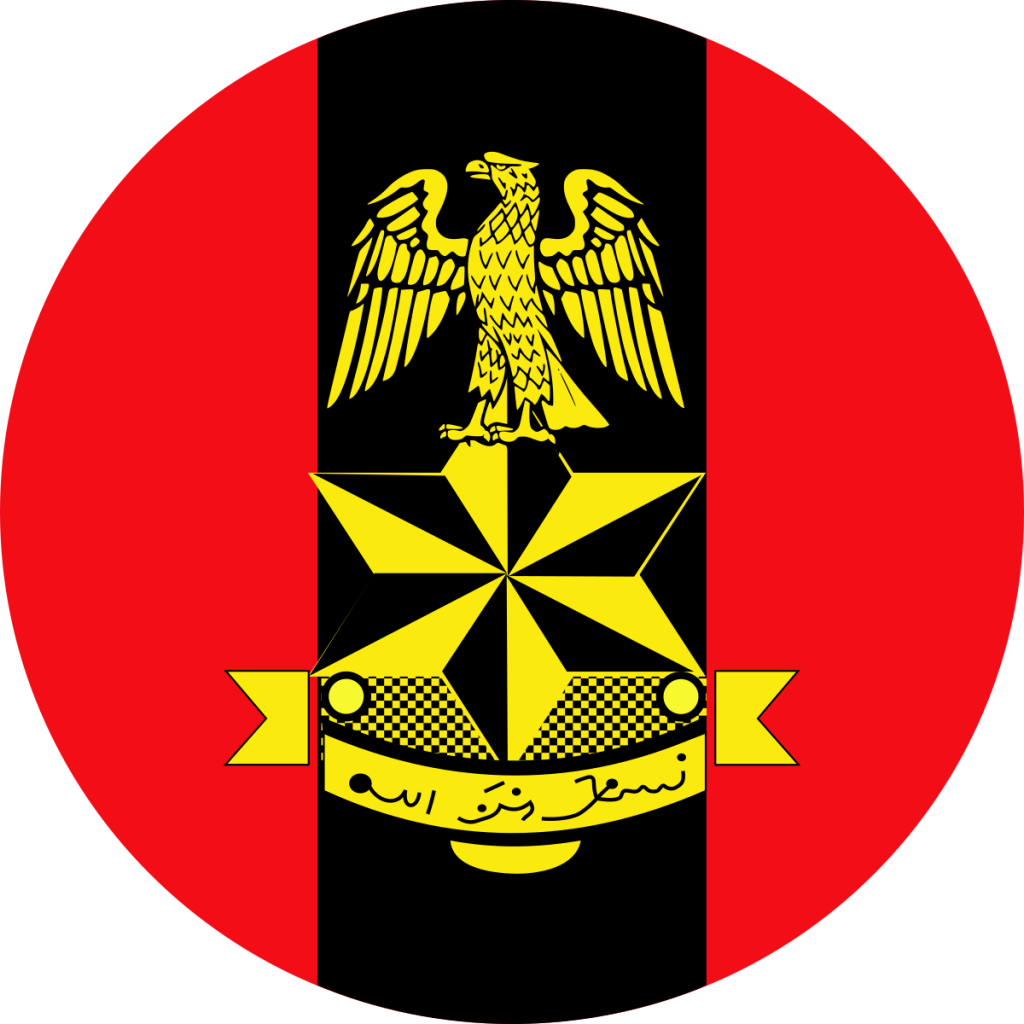A joint committee of Non-Governmental Organisations, NGOs, and the House of Representatives Committee on Human Rights set up to investigate allegations of human rights abuse against the military by some foreign media organisations, has absolve the country’s troops of wrong doing.
Rather, the committee in its report sighted by Vanguard in Abuja yesterday, said the military, especially the Nigerian Army, has demonstrated adequate will to recognise international standards on human rights in its war against Boko Haram insurgents in the North-East.
The committee, chaired by Dr Isaac Dikko, insisted that the “Nigerian military authorities have always acted in the best interest of national security.”
It also recommended that the National Assembly leadership should recommend adequate compensation and state recognition for troops to encourage them in the line of national duty to sustain their morale.
The committee equally recommended the expulsion of erring NGOs from the country and the auditing of NGOs’ activities in the country by security agencies.
It said Action Against Hunger, AAH, and Amnesty International be summoned to explain why they should not be banned from operating in the country, considering their frequent criticisms of the military in the operation against Boko haram.
Chairman of the committee, Dr Isaac Dikko, had earlier submitted the report to the National Assembly, and noted that national security remained the only motivation for the sacrifice of the committee.
Dikko stated: “If not for the interest of national security, and to fact check if the war against insurgency is being truly successfully prosecuted, nobody would dare to have a committee secretariat situate in the Northe-East for firsthand information, particularly given the low and gloomy media reportage of the military’s successes in the region, especially by foreign media organisations.
“Unknown to us, a lot of successes have been made in the war against insurgency in the North East. The only challenge is resettlement, rehabilitation and rebuilding of infrastructure hitherto destroyed. But this is beyond military mandate and will take time.”
According to him, the committee dared the region with double pronged view; to validate or invalidate the allegations against the military authorities and censor the activities of the non-governmental organisations’ operations in the North-East in order to come up with facts that are verifiable.
The report was coordinated by a foreign NGO, the Mahatma Gandhi Peace Foundation, Nepal.
In a remark on the sideline of the presentation, Senior Programme Officer for the foundation, Rev Solomon Semaka, said their involvement in the committee fact finding mission was to ensure that the interest of NGOs and media organisations were represented and given fair hearing.
He acknowledged on behalf of NGOs that the representations in the report were truly fair, given the glaring evidence and testimonies the committee received.
Semaka said: “One of my lowest points and greatest shocker as a development worker, whose interest in the committee was to protect NGOs was when a medical doctor and staff of ACTION AGAINST HUNGER, AAH, one of the NGOs working in the North-East, confessed before the committee that truly, they offer random treatment and provide food to wounded insurgents.
”However, under cross examination, he admitted that was not their major purpose in the North East. Sometimes, we offer the insurgents medical assistance because we also want to protect ourselves and at other times, you never can tell whether one is a terrorist or a victim so you just have to treat them.
”On food, our stores are most times bugled by insurgents and there is little or nothing we can do. This gives a negative impression against my organisation.”
He further conceded that some senior officials actually liaise with leaders of the insurgents.
Meanwhile, the alternate chairman of the committee has said the recommendations would be submitted to the Presidency through the National Security Adviser, the National Assembly leadership, the United Nations, foreign missions, the council of traditional rulers, the Nigerian public as well as all critical stakeholders.
According to him, this is with a view to laying bare the facts in order to restores confidence and morale in the country’s military in the interest of national security.

